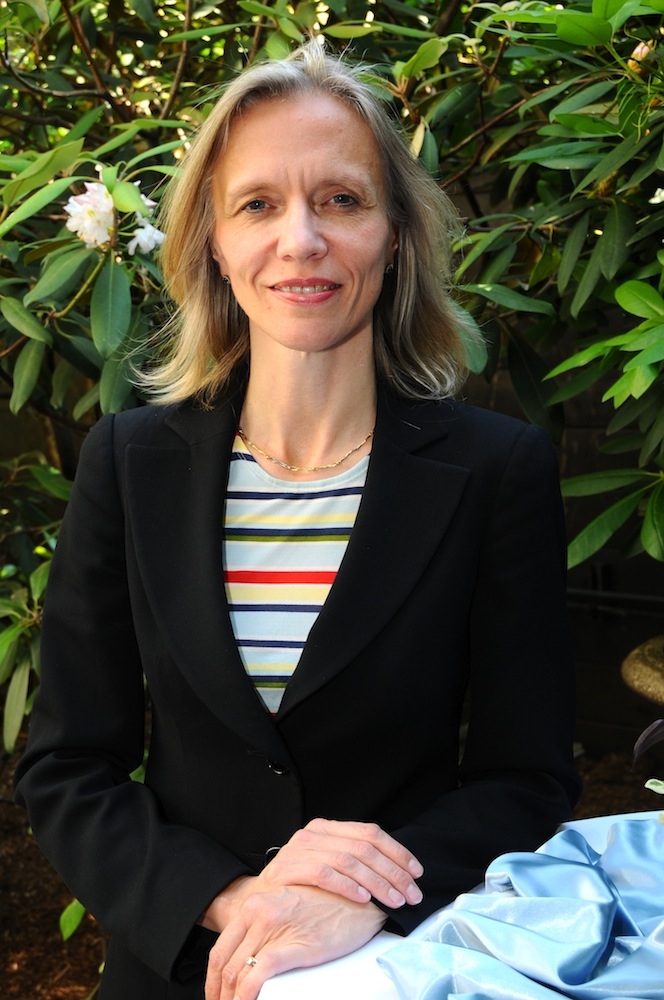
Art historian Mariët Westermann, Vice President of the Andrew W. Mellon Foundation will deliver the 11th annual Janson-La Palme Distinguished Lecture in European Art History at Washington College
Celebrated art historian Mariët Westermann, Vice President of the Andrew W. Mellon Foundation, will explore innovations by Dutch painters of the Golden Age such as Johannes Vermeer and Gerard Terborch when she delivers the 11th annual Janson-La Palme Distinguished Lecture in European Art History at Washington College on Wednesday, April 9. The event will occur at 5 p.m. in Hotchkiss Recital Hall, Gibson Center for the Arts, on the College campus, 300 Washington Avenue. It is free and open to the public.
Westermann’s presentation, “Silence in the Studio: Vermeer and Terborch,” will focus on the modernity of Dutch painting in the 17th century.
Westermann is the author of several acclaimed books, including A Worldly Art: The Dutch Republic 1585-1718 (ranked a Notable Book of the Year by the New York Times); The Amusements of Jan Steen: Comic Painting in the 17th Century; Rembrandt: Art and Ideas; and Anthropologies of Art. She also authored Johannes Vermeer 1632-1675 for the Rijksmuseum Dossiers series and served as guest curator of “Art and Home: Dutch Interiors in the Age of Rembrandt” at the Newark Museum and Denver Art Museum.
Before joining the Mellon Foundation in 2010, Westermann served as provost and chief academic officer of New York University Abu Dhabi, a campus whose development she spearheaded beginning in 2007. She also served six years as director of NYU’s Institute of Fine Arts (2002-2008). Earlier in her career, she was associate director of research and academic programs at the Clark Art Institute in Massachusetts, and a professor of art history at Rutgers University.
A native of Holland, Westermann graduated magna cum laude from Williams College with a degree in history. She later completed her master’s degree and Ph.D. in art history at NYU’s Institute of Fine Arts.
Established by Washington College professor emeritus Robert J. H. Janson-La Palme and his wife, Bayly, the Janson-La Palme Distinguished Lecture in European Art History has for 11 years brought internationally known scholars to campus for public lectures.



Write a Letter to the Editor on this Article
We encourage readers to offer their point of view on this article by submitting the following form. Editing is sometimes necessary and is done at the discretion of the editorial staff.